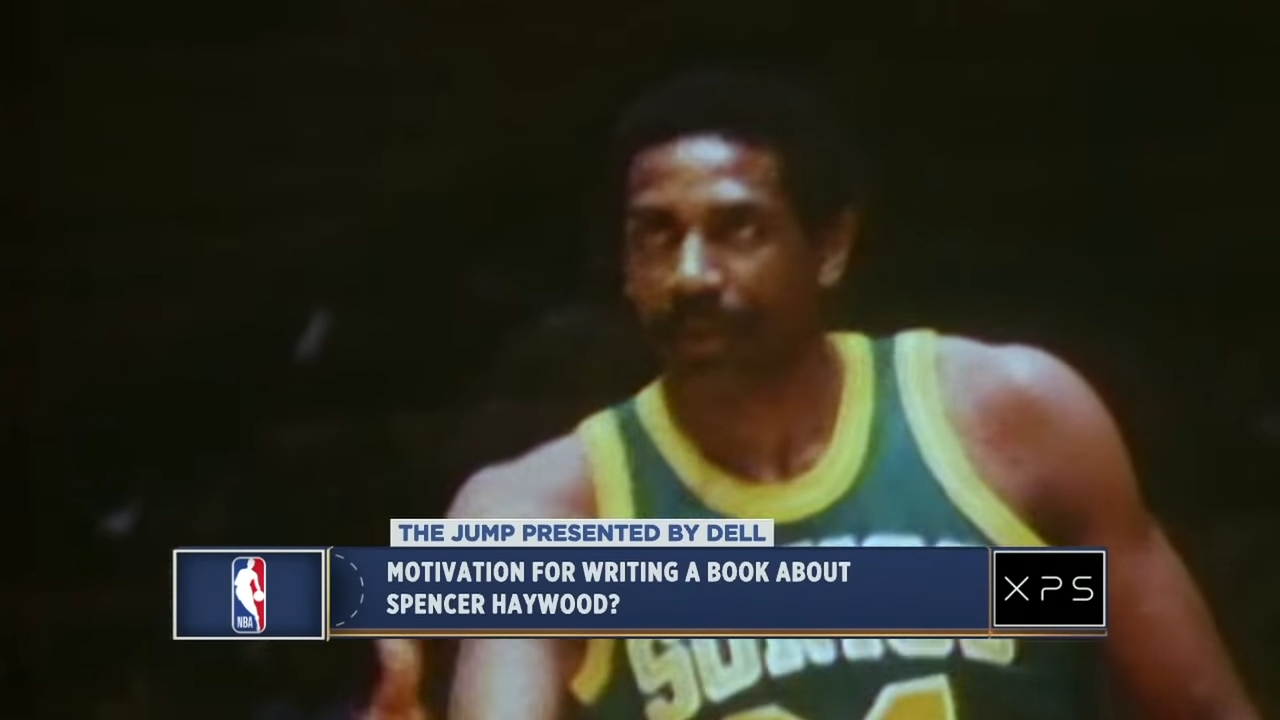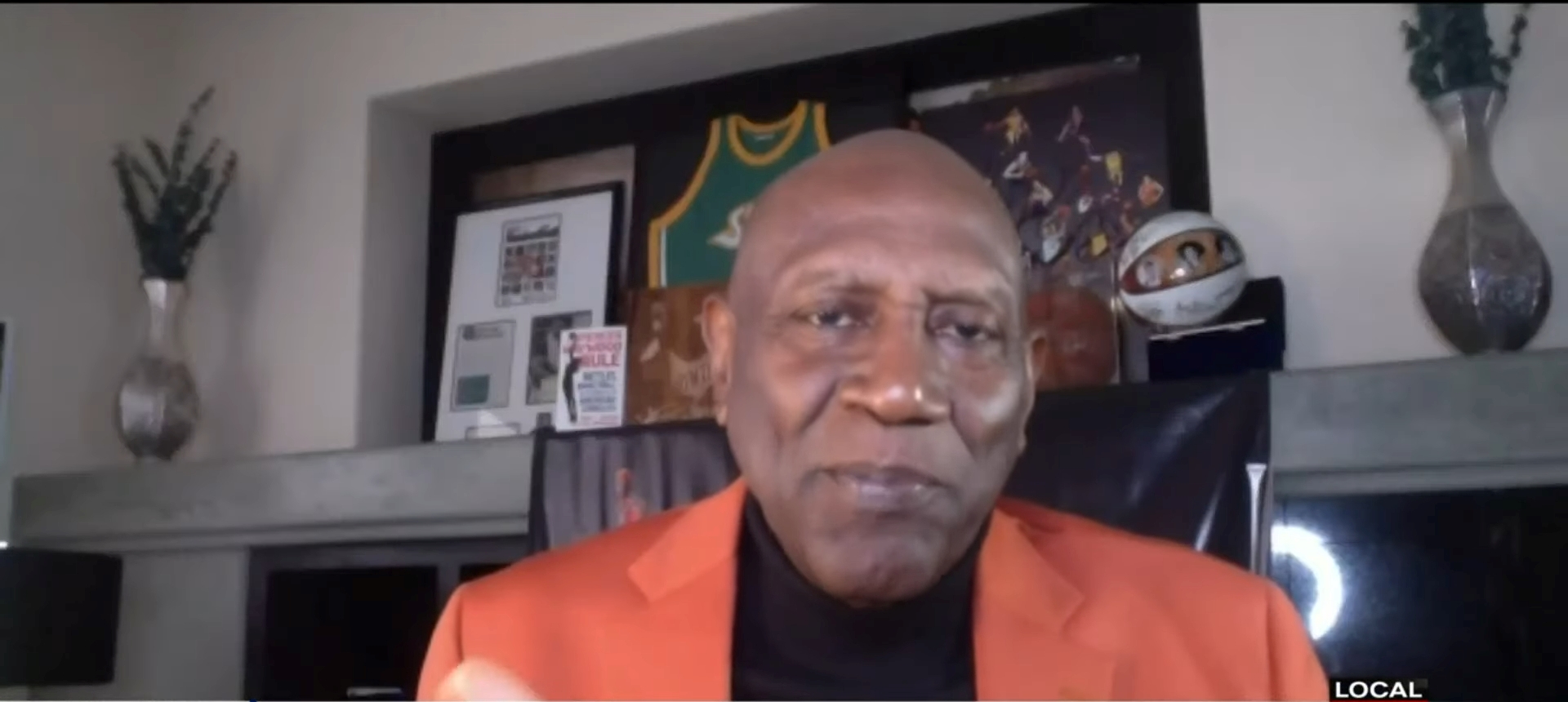HBO Max’s ‘Winning Time: The Rise of the Lakers Dynasty‘ provides a fictional look at the Los Angeles Lakers’ rise in the 1980s and how they revolutionized the game of basketball. The fifth episode introduces the viewers to Spencer Haywood, a prodigious basketball player who is also known for his antitrust lawsuit against the NBA in the early 1970s. Then only 20 years old, Spencer was steadfast in his beliefs, and the court ultimately ruled in his favor. So, if you’re wondering what the lawsuit was all about, we’ve got you covered.
Why Did Spencer Haywood Sue the NBA?
Spencer was born into a family of 10 siblings in Silver City, Mississippi. By the time he was five years old, he had joined his mother to pick cotton. By 13, he was the primary source of income for his family. Spencer knew how important making money was to get out of poverty from a young age. He then concentrated on basketball, having a record-breaking freshman season in college. As a result, Spencer was selected to play for the USA in the 1968 Olympics. He was a vital cog in the gold medal-winning team, averaging 16.1 points per game.

Spencer then transferred to the University of Detroit in Michigan, later deciding to turn pro after his sophomore year. For him, it was about survival, making a living, and taking care of his family. Spencer later remembered, “If you’re from the ghetto, it doesn’t matter what you do or how you get it, only if you got it. What loyalties you got? To your brothers and sisters. But to basketball? To some team? Forget it.” But at the time, the NBA didn’t allow players to turn pro until their class graduated, preventing Spencer from signing with an NBA team.
Instead, he joined the Denver Rockets, an American Basketball Association team. Spencer was a bonafide star in his rookie season, but he was unhappy with the contract offered to him after the first year. At the same time, Sam Schulman, the owner of the now-defunct Seattle Supersonics in the NBA, decided to break the rule and sign Spencer. The league immediately moved to block the signing, leading to the landmark antitrust lawsuit.
At the time, Spencer argued that the four-year rule hindered his right to make a living and earn money. As the case went through the courts, Spencer faced a tough time on the basketball court. He was booed, called an illegal player, and opposing players refused to shake his hand. All this while he was still just twenty years old. Eventually, in 1971, the Supreme Court ruled 7-2 in favor of Spencer, making it one of the most instrumental decisions ever, influencing the future of almost every player that entered the league after that.
The NBA then instituted a “hardship” rule that meant a player could enter the league early if he showed it was for financial reasons. However, that rule was scrapped in 1976. Today, players rarely play four years of college before declaring for the draft. Stars like Kobe Bryant and LeBron James entered the draft straight out of high school. The younger generation of players like Zion Williamson, Ja Morant, and Anthony Edwards also didn’t play for four years in college.
Spencer paved the way for players like these to make those decisions. It was not just the feats on-court; he will always be recognized for the influence he had off the court with the rule change. Talking about the rule’s significance, Spencer said, “These players [today] understand one thing. When I say to LeBron and those guys, ‘I helped you guys make $100 million extra when I gave you those four years extra to come into this league,’ they get it. When I told Kevin Durant I got him that [extra] $75 million, he said, ‘Oh, I get it now.'”
Read More: Did the Lakers Sign Spencer Haywood?


You must be logged in to post a comment.